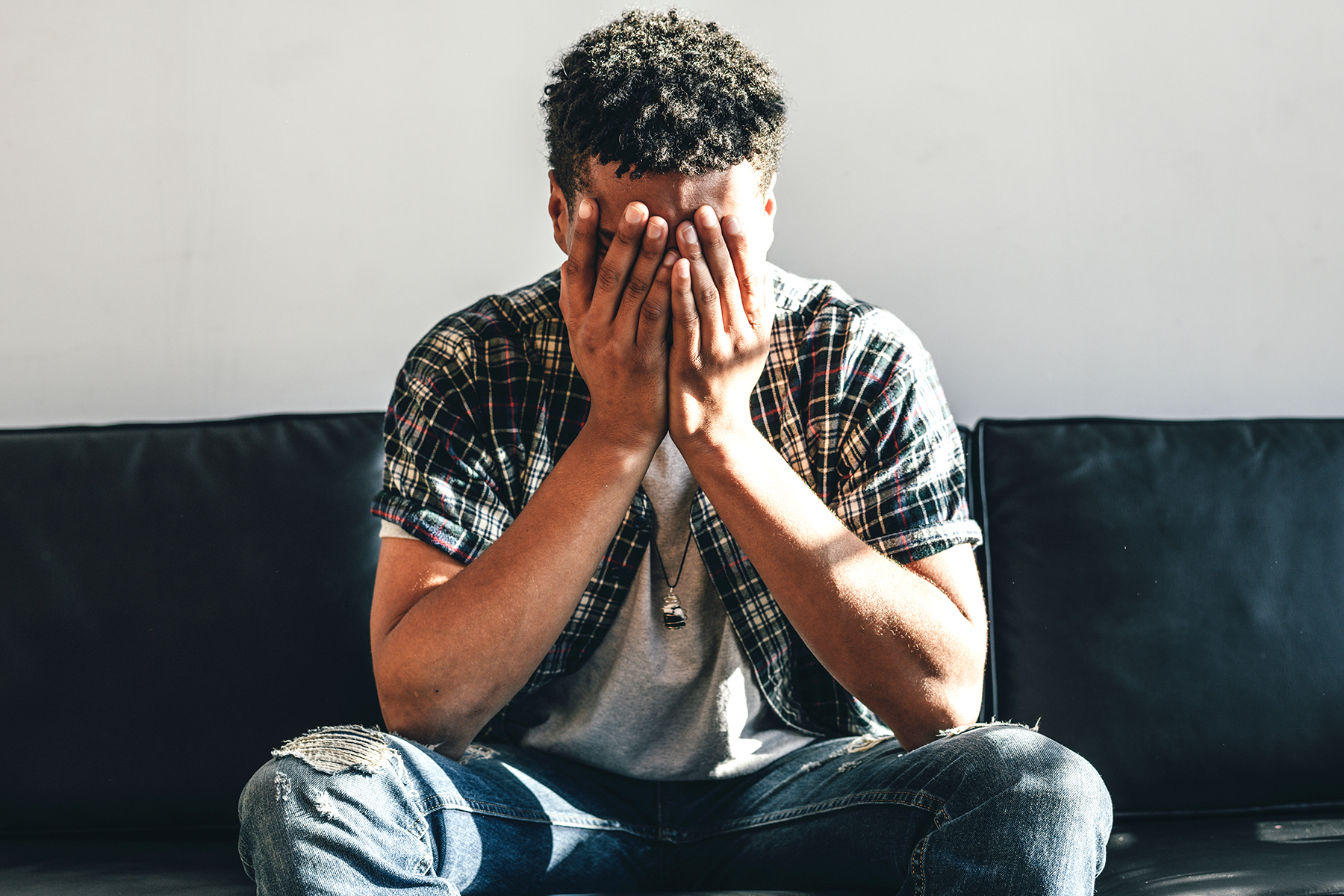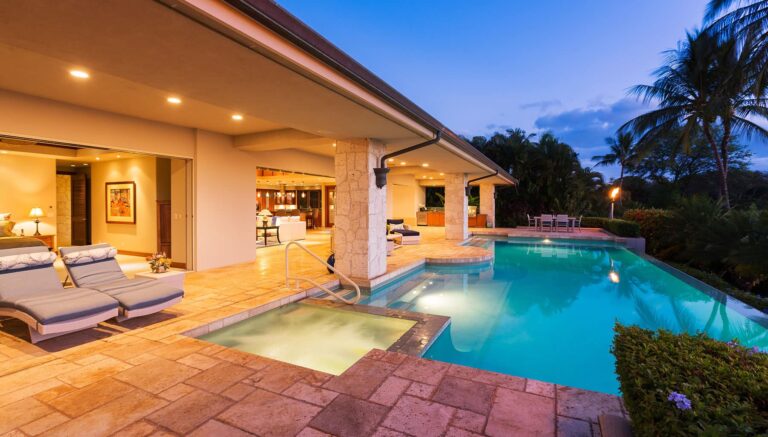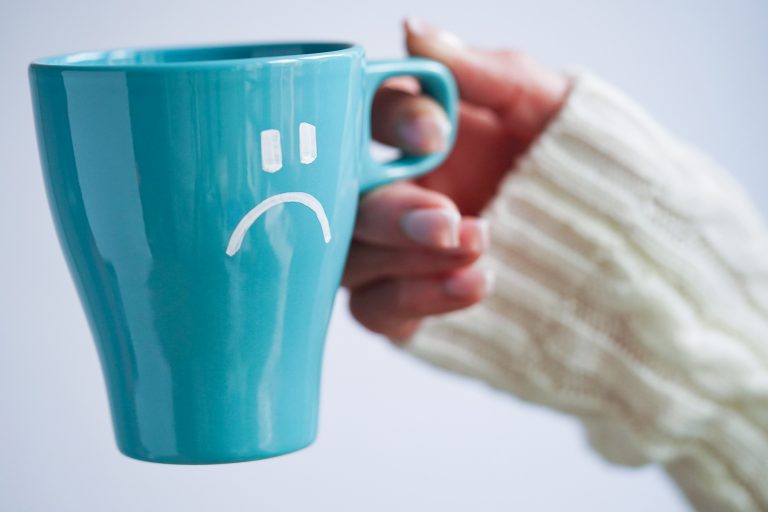We have a lot of clients coming in to our private rehabilitation centre with depression and anxiety disorders, combined with alcohol addiction. However, we have found that in many cases it’s the alcohol that is causing the anxiety!
We’ve had many first-hand cases where, once they are clean and sober and have talked through their fears with a professional, they no longer need to take medication for their anxiety. So, in this post, we wanted to explore the link between alcohol and anxiety to unpick this connection and help you to take control of both your anxiety and your drinking.
What are anxiety disorders?
Let’s start with a definition of what we mean when we talk about an “anxiety disorder” and where it differs from feeling nervous or anxious.
The American Psychiatric Association explains that, “Anxiety disorders differ from normal feelings of nervousness or anxiousness and involve excessive fear or anxiety.”
The NHS website adds that, “some people find it hard to control their worries. Their feelings of anxiety are more constant and can often affect their daily lives.”
It is at this point that anxiety becomes an issue and one which can manifest itself in conditions such as panic disorder, phobias, PTSD and social anxiety disorder. There is also generalised anxiety disorder, where you feel anxious most days and find it difficult to be relaxed. Anxiety disorders are very common, affecting nearly 30% of adults at some point in their lives.
The key points to look out for in yourself or others to decide whether this is an issue is –
- The intensity of the anxiety
- Whether the feeling is sustained and related to many things rather than just one or two areas that make you nervous
- Whether your anxiety is controlling your behaviour and having a detrimental effect on your life
If you do think you are suffering from an anxiety disorder, the good news is that there’s lots of great help out there and there are a number of treatment options to help you to lead a normal life free of crippling anxiety.
Does drinking alcohol cause anxiety?
As a private rehabilitation centre, we’re obviously interested not just in the anxiety itself, but how it can connect with addiction. This is often a chicken and egg situation and something that sadly works both ways.
There is a lot of evidence that the effects of drinking can cause feelings of anxiety. It’s so common, there’s even been a term coined, which is “hangxiety”, to refer to the feeling of anxiety when you have a hangover. Alcohol dependency can also trigger mental health disorders in a number of ways.
Firstly, alcohol disrupts your brain’s chemistry and can hamper the natural ways of regulating stress and anxiety levels. It triggers chemicals such as serotonin, which causes pleasure, but once it is out of your system it can leave you feeling anxious. Heavy drinking can even trigger panic attacks by depleting the GABA chemical in your brain that naturally relaxes us, thereby causing feelings of panic.
Secondly, alcohol disrupts sleep, which is a common contributing factor in anxiety disorders.
Last but not least, heavy drinking is often linked to a feeling of shame for their behaviour or actions and this also triggers a feeling of anxiety.
While withdrawal from alcohol can also commonly cause panic attacks and anxiety in the short term, the best thing to do if you’re suffering from anxiety is to cut back on the amount you’re drinking. Then start to incorporate other, more beneficial, stress relievers into your life such as yoga, meditation and exercise. You may well find, as many of our clients have, that once you remove the alcohol, the anxiety levels subside too, so your need for other solutions or medication also diminish.
Important – Withdrawing from alcohol can be dangerous and should be carefully managed.
We’d recommend professional support both from a medical point of view to ensure you are not in any danger during the withdrawal process, and using therapy and receiving guidance on safe and positive ways of managing your stress.
Unfortunately, during withdrawal you can experience intense anxiety for more than a week, but don’t let that stop you from achieving sobriety. It does get easier and there’s help to get you through it, without alcohol.
Can anxiety lead to alcohol addiction?
According to many studies, people with an anxiety disorder have a higher risk of developing an addiction to alcohol and one out of every five people with anxiety use alcohol to cope with their symptoms.
Alcohol is commonly used as a form of self-medication, to calm down and destress after a difficult experience or a hard day. It is a sedative, so can reduce the feelings of stress, reducing fears and taking your mind off your troubles. In our society now, it has become a socially acceptable way to deal with your emotions and feel relaxed.
However, the problem comes when the alcohol becomes a crutch and the only way that you feel you can cope with stress or anxiety. The more you drink, the more tolerance you build up, so you have to drink more to feel the same relaxed feeling, until it becomes a danger to your health and wellbeing.
Sadly, by that point, people can feel so dependent on alcohol to deal with life’s problems, that it becomes an addiction and something they cannot do without. This is a trap that is then difficult to get out of without alcoholism treatment and professional support.
How can therapy help with both issues?
Unfortunately, when anxiety and alcoholism are being experienced by one person, they will need support dealing with both issues, to avoid relapse. Whether the drinking problem or the alcohol problem came first, the treatment needs to address both.
When in a safe space, such as a rehabilitation centre, and free from the influence of alcohol, a highly successful treatment option is to use Cognitive Behavioural Therapy. This technique changes your mindset, is highly effective for breaking bad habits and offers coping mechanisms for both dealing with the anxiety and resisting the impulse to drink.
Group therapy and/or 1-2-1 therapy can help you to understand why you started drinking and untangle the relationship between your anxiety and your addiction.
Plus, therapeutic exercises like tension and trauma release exercises can both help you to reduce stress and deal with the trauma which often underlies addiction.
There is a lot that can be done, to improve your mental health and set you on the right path for long-term recovery.
How can we help you overcome both addiction and anxiety?
At The Bridge we take a holistic view to addiction, which sees the issue as a whole and helps our clients to deal with all aspects of their addiction and get to the very root of the problem.
We start by welcoming you into our luxury rehab facilities and making you feel comfortable, safe and part of The Bridge family. Here, you are away from any temptation or external influences that make you want to drink and our professional team are here to help you to safely detox and remove the alcohol from your system.
Once you are sober and thinking clearly, we start intensive therapy and bespoke treatment plans designed for you. This commonly includes 12-step meetings, along with cognitive behavioural therapy to change thinking and behavioural patterns, trauma therapy and activities such as yoga, Pilates and TRE, alongside nutritional rehabilitation, to strengthen body and mind.
Our aim is to help you really deal with your addiction and any mental health problems that triggered the issue, or were caused by the addiction itself. With this approach and your commitment, we ensure you leave our rehabilitation centre ready for a successful and happy life without needing the crutch of alcohol.
Please contact us for more information about our private alcoholism treatment options or to ask how we can support you or your loved one escape from the trap of alcoholism and anxiety.




